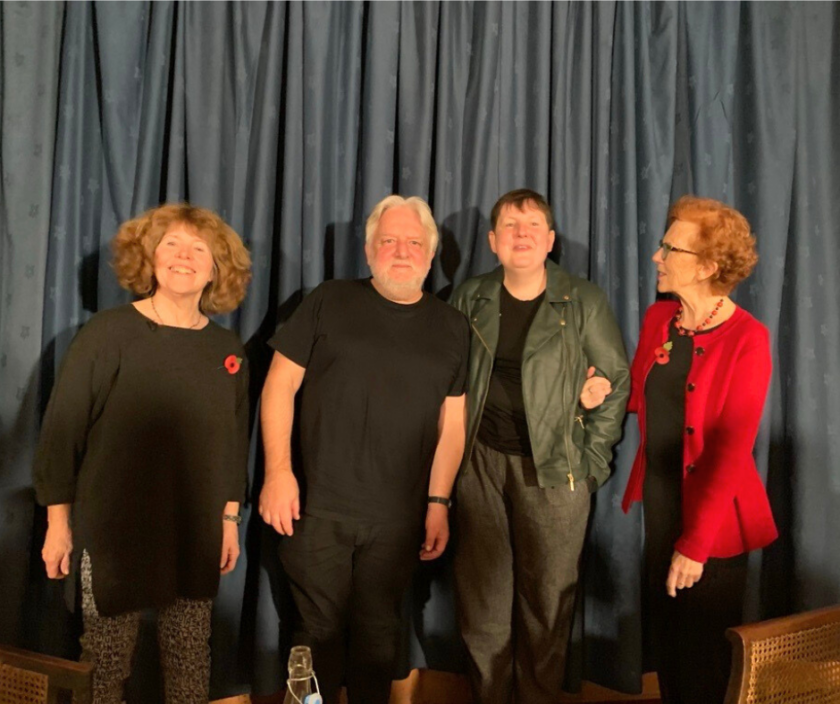Professor Dame Nancy Rothwell, FRS, is President and Vice-Chancellor of the University of Manchester.
Professor Dame Rothwell work has contributed towards major advances in the understanding and treatment of brain damage in stroke and head injury.
She joined the Victoria University of Manchester in 1987, became Professor of Physiology in 1994 and held a Medical Research Council Research Chair from 1998 to 2010. Concurrent with her Faculty posts she has also held University roles as Vice-President for Research (2004–2007) and as Deputy President and Deputy Vice-Chancellor (2007–2010).
She was elected Fellow of the Royal Society in June 2004 and made Dame Commander of the Order of the British Empire in June 2005 in recognition of her services to science.
Nancy became President and Vice-Chancellor in July 2010 – the first woman to lead The University of Manchester or either of its two predecessor institutions. She was the founding President of the Royal Society of Biology and has also served as a non-executive director of AstraZeneca. She is currently Co-Chair of the Prime Minister’s Council for Science and Technology, Chair of the Russell Group, a Deputy Lieutenant for Greater Manchester, Chair of the Oxford Road Corridor Board, and a member of the Greater Manchester Local Enterprise Partnership Board, the Northern Powerhouse Partnership Board and the Industrial Strategy Council.
Nancy takes a strong and active interest in the public communication of science.

